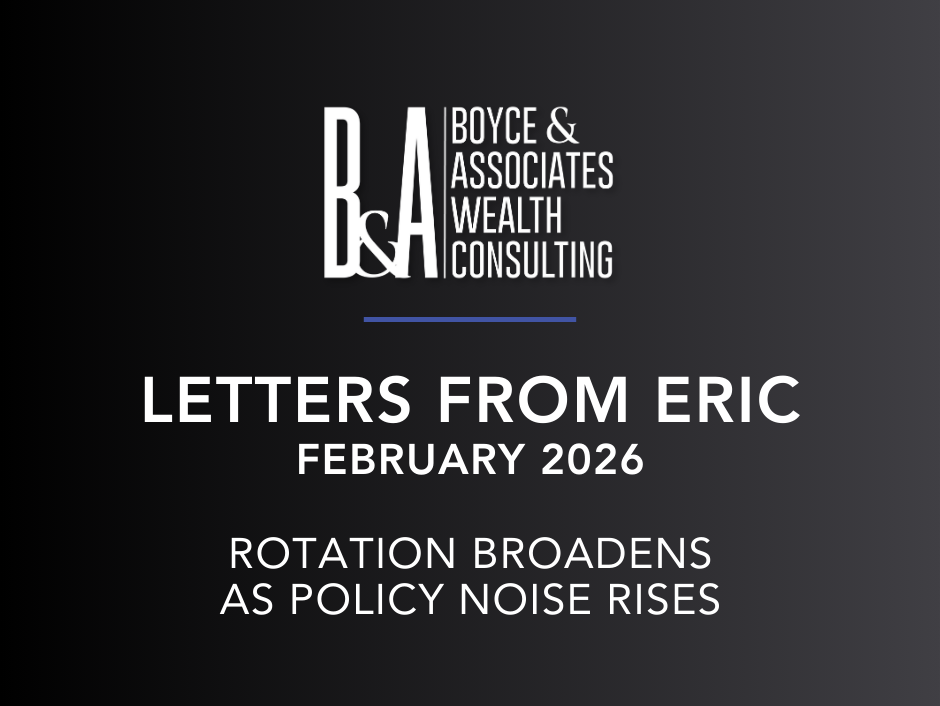Raising Money-Smart Kids: Fun Family Financial Ideas

As parents, we want to equip our children with the skills they need to thrive in life, and financial literacy is no exception. But talking about money with kids can feel awkward or overwhelming. Fear not! Here are some fun and engaging family financial ideas to spark your child's interest in money matters, from piggy banks to budgeting basics:
Early Sprouts (Ages 3-5):
- Play Store or Restaurant: Set up a pretend grocery store with real or play food. Let your child "buy" items with pretend money, teaching them about counting, basic transactions, and the concept of scarcity (they can't buy everything!).
- Allowance Adventures: Start with a small allowance in a clear jar. Watch the coins and bills add up, visually reinforcing the concept of saving. Let them choose between saving for a special toy or spending it on a small treat, introducing budgeting and delayed gratification.
- Piggy Bank Power: A classic for a reason! Decorate a piggy bank together and let your child proudly deposit their earnings. Celebrate milestones like filling it up and discuss saving goals.
Budding Entrepreneurs (Ages 6-10):
- Chore Charades: Create a chore chart with different point values for each task. Let your child "earn" their allowance or privileges by completing chores, teaching responsibility and the link between work and reward.
- Chore chart with different point values
- Market Mavens: Visit a local farmer's market together. Discuss budgeting for purchases, comparing prices, and the value of supporting local businesses. Let them help pick out fruits or veggies for a healthy snack.
- Lemonade Stand Success: Set up a lemonade stand on a sunny day. Let your child calculate costs, set prices, make changes, and track profits. This hands-on experience teaches basic economics and entrepreneurial spirit.
Teen Titans (Ages 11-17):
- Budget Buddies: Involve your teen in family budget discussions. Explain income, expenses, and saving goals. Let them brainstorm ways to save money or contribute to the household financially.
- Family budget discussion
- Banking Bonanza: Open a savings account with your teen and track its growth online. Explain interest rates and the power of compound interest. Encourage them to set saving goals for bigger purchases or college.
- Investing Insiders: Research age-appropriate investment options like mutual funds or ETFs. Discuss risk tolerance and diversification. Consider opening a custodial investment account for them to learn about the stock market firsthand. My dad did this with me and I began to watch the closing bell and follow the stock we bought together. It is why I’m a financial advisor today!
Important Tips:
- Keep it age-appropriate: Tailor your activities and discussions to your child's understanding level.
- Make it fun and engaging: Use games (monopoly, Life, etc…), stories, and real-life examples to keep their interest.
- Lead by example: Show your children your own responsible financial habits, like budgeting, saving, and paying bills on time. It’s okay to tell your kids that something is not in the budget and it will have to wait till next month.
- Open communication: Encourage questions and honest conversations about money. Create a safe space for them to learn and make mistakes.
By planting these financial seeds early, you'll be equipping your kids with the knowledge and confidence they need to make smart financial decisions throughout their lives. Remember, raising money-smart kids is a journey, not a destination. Have fun, celebrate their progress, and watch them blossom into financially responsible individuals!
I hope these ideas inspire you to turn family time into financial learning time! If we don’t teach our kids the value and importance of money, the World will. Let’s teach them financial wellness so it will help them all their lives and down to multiple generations. Good luck and have fun!
Here are some great articles and resources to look at for more ideas:
Warren Buffett's 6 tricks to teach kids about money
Secret Millionaires Club Cartoon's for kids










